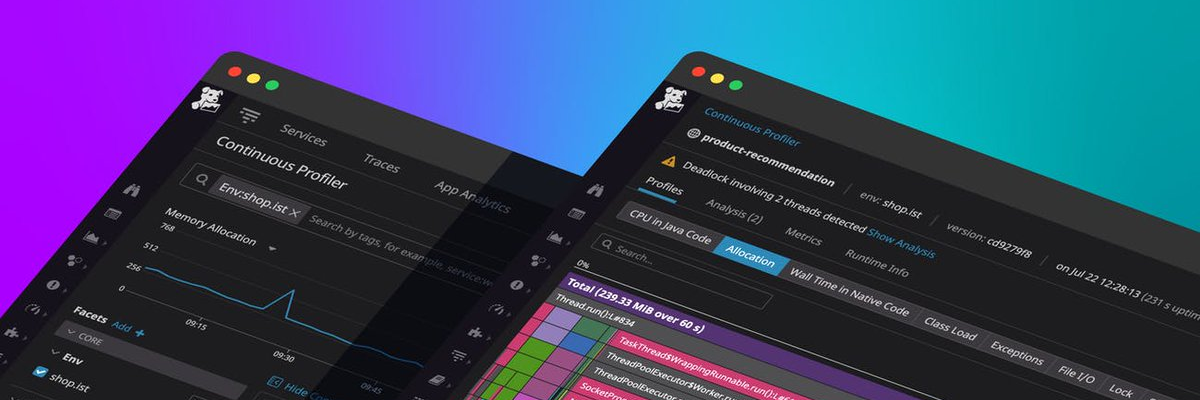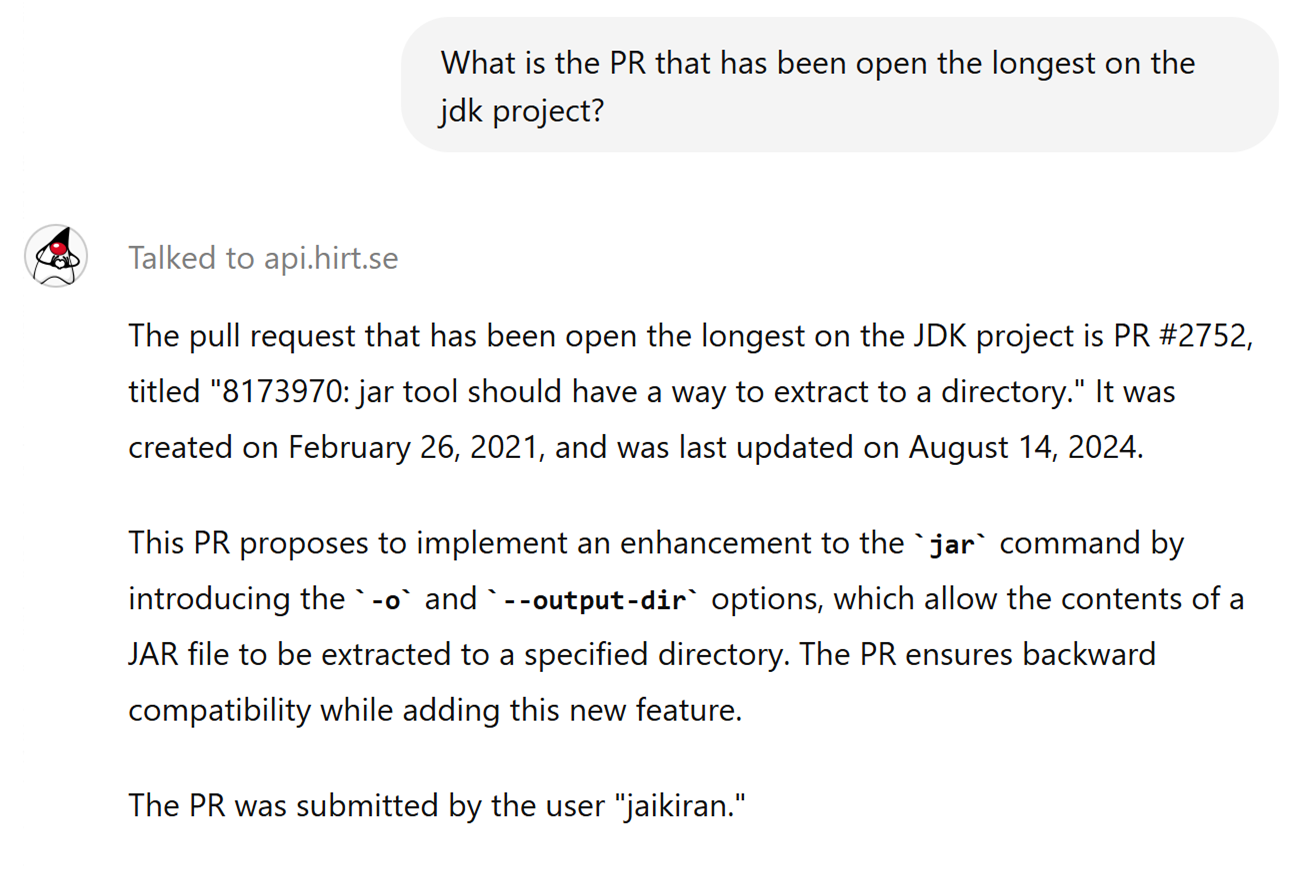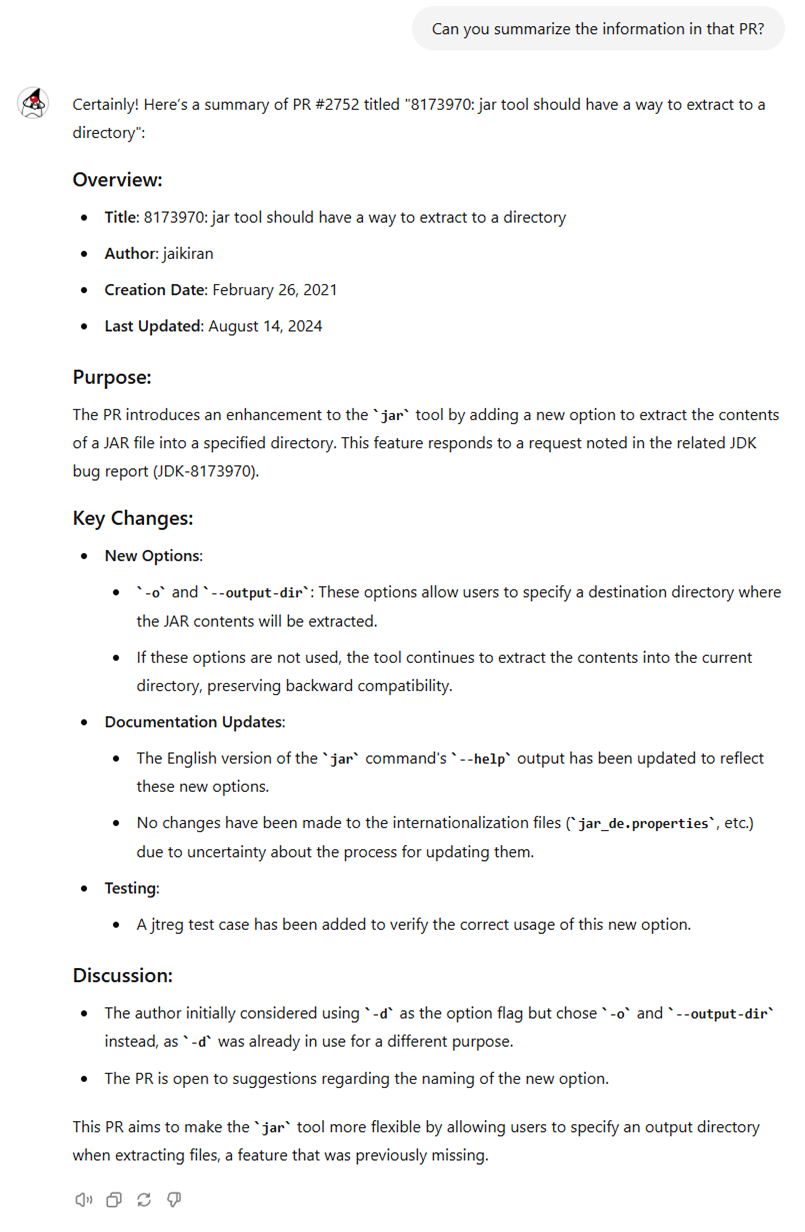Subtitle: ”Soon You’ll Know What I Did This Summer”
This summer my family and I decided to stay in Küssnacht during my summer vacation. The summers here are lovely, and for a family of six going for a vacation abroad it typically means a lot of time is spent preparing, packing and unpacking, for both directions of the journey. A staycation seemed like a good choice. Most days were spent in the water with the family, and on one occasion, we were joined by a team member and his family. It can get rather hot here, and the lake is the perfect place to cool down.

That said, I did end up in front of my computer a bit in the evenings after everyone else had fallen asleep. There were a few things I really wanted to get done this vacation. One was upgrading my server. Another one was to put some left over Raspberry Pi 4s and a few new Raspberry Pi 5s to good use in my 19” rack, creating my very own a little Kubernetes cluster.
Recently I was also playing with Custom GPTs, which is OpenAI’s way of letting you build little RAG (Retrieval Augmented Generation) systems without writing code. I first played a bit with Custom GPTs on a train ride back from the Datadog office in Paris a little while ago, and it was a quite lot of fun, but for some of the things I wanted it to do, it performed rather badly, and I couldn’t find any fitting APIs available to help my Custom GPT do better.
Since I was setting up a Kubernetes cluster anyway, I thought I might as well hack something together to make my OpenJDK Project Assistant a little bit better.
Setting Up the Cluster
Ah, the pain and the anguish. I ended up using my Apache server as a proxy (since I still want https://hirt.se to serve my old homepage and blog) for an Nginx that is acting as reverse proxy and load balancer to my Kubernetes cluster.
If anyone wants to know how I set up the cluster, that is an entirely different blog that probably already exists in a thousand versions, written by people with more patience to write about configuration than me, so I will not dwell on that. Suffice to say that I consulted many blogs and Claude 3.5 Sonnet to get it all up and running. Here are the steps in short:
- Format and setup the Raspberries with Raspberry Pi OS (64-bit) (I used the Raspberry Pi Imager).
- I added my Pis to the hosts file of my server and to my dhcpd config by MAC address, so that I can refer to the Pis by name instead of IP (I’m using dnsmasq).
- I installed kubernetes on them, which involved properly enabling cgroups in /boot/firmware/cmdline.txt, setting up containerd properly, getting the debian package for k8s, installing kubelet, kubeadm, kubectl, turning off swap, and finally using kubeadm init to create the cluster and then applying flannel. Then using the join command you get from performing the init to have the other Pis join the cluster.
There was a bunch of trial and error, and there is probably a much easier way. Anyway, I now have a cluster. I can easily deploy. I can easily scale. What more could you ever wish for?
The API exposed to the CustomGPT is available to the world at https://api.hirt.se and described here, should anyone be interested. The implementation is available on GitHub – feel free to contribute if the custom GPT isn’t doing what you think it should be doing or if you simply want to make it more capable.
What Can the OpenJDK Project Assistant Do?
It can do lots of things. It can get information about open PRs and repos without overwhelming GPT with information that will invariably make it fail (this is what typically happened before the api.hirt.se API). For example, here’s getting the oldest open PR for the JDK project:
It can summarize the information in the PRs:
You can also ask for information about the related bug:
It can answer questions around people involved in OpenJDK:
For people like me, who have a really hard time remembering names, it can help answer questions about people involved in OpenJDK:
And about projects and groups:
Please let me know if you find it useful!
Summary
- I recently had a stay-at-home vacation in Küssnacht.
- Aside from spending a lot of the time in Lake Lucerne with my family, I did have some fun building a Kubernetes cluster out of my Raspberry Pis.
- I put the cluster to good use to support my OpenJDK Project Assistant Custom GPT.
- If you’re one of the few OpenJDK committers that also have access to Custom GPTs, or you simply like the idea, feel free to put a star on my API repo, or even better – contribute things you want it to be able to do, or do better!
- Silly bonus: I also noticed that the silly old slogan image generator I was using on my homepage isn’t available under https (after my various upgrades, I now have permanent redirects to always use https). I couldn’t find any replacement that worked as a drop-in replacement, so I made my own variant that is now also running in my little cluster.

![]()





